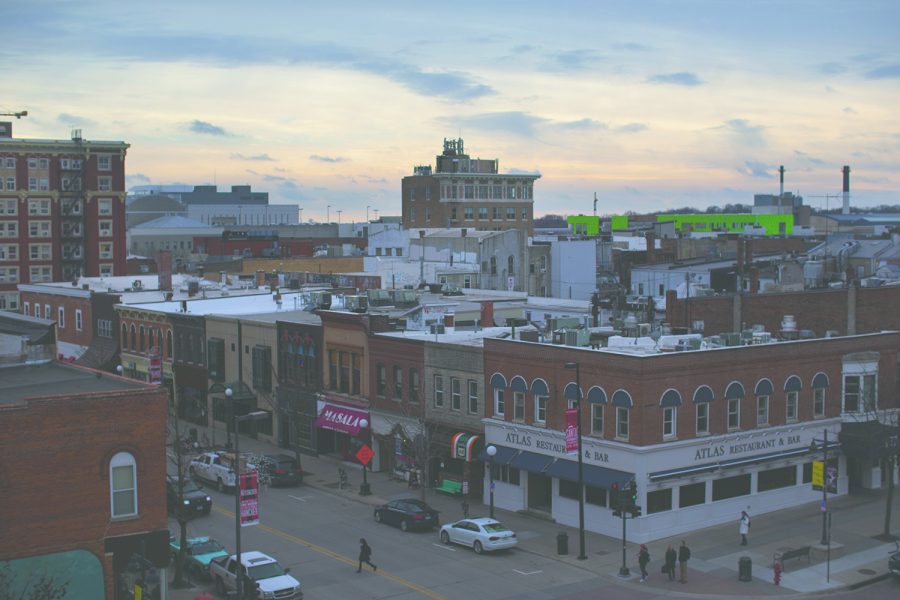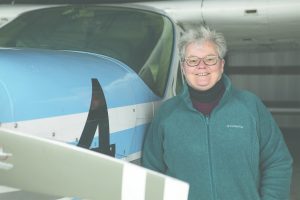Iowa City prepares for 2020 census by forming Complete Count Committee
In preparation for the April 1, 2020 census, the city has formed a committee to ensure everyone in the community gets properly counted. They are taking a regional approach and working with surrounding communities in this effort.
People walk around downtown on Tuesday, Jan 31, 2017. Iowa City was named City of Literature by Unesco City of Literature.
April 22, 2019
With less than a year to go until the 2020 census, Iowa City and surrounding communities are hard at work preparing, hoping to ensure that every resident gets counted.
Undertaken every 10 years, the U.S. Census measures the population across the country, affecting congressional districts, legislative districts, and federal funding to city and local governments.
To prepare for the census, Iowa City has joined with North Liberty, Coralville, and Tiffin to form the Complete Count Committee, a regional effort to increase awareness about the upcoming census.
By partnering with surrounding communities, the city can better ensure that everyone gets properly counted, Iowa City Assistant City Manager Ashley Monroe said.
“Because there’s such a crossover between our regional communities, and people work in one place, and they live in another … it just makes sense for us to approach this on a regional basis,” Monroe said.
Tracey Mulcahey, the assistant city administrator for North Liberty, serves on the government subcommittee and works with officials in her town to get the word out about the census. She said the regional approach will help because of all the interplay among the area communities.
“A lot of folks in our community may work in Iowa City, live in Coralville, and go to church in North Liberty,” she said. “So putting out one common message from all entities with one common group sending that message out seems to make a lot more sense.”
The committee is broken up into four subcommittees, each focused on a different aspect of the census efforts: business, government, media relations, and community.
The business subcommittee will work with landlords and real-estate agents, Monroe said, to prepare large-scale apartment buildings for the census. Tenants in apartment buildings have been historically harder to reach in past censuses, she said.
The largest of the four groups, the community-based subcommittee, will work with various organizations in the communities in an attempt to reach all segments of the population, Monroe said. The subcommittee will work with faith-based communities, nonprofits, and the University of Iowa, among others.
The subcommittee also has representatives who will work with immigrant and refugee populations, which, Monroe said, often do not get counted properly.
“There are people who are specifically working with those [communities] on a regular daily basis and know the best ways to get information to those groups of people,” she said.
Local governments are invested in getting a proper census count because that affects federal-government funding, Johnson County communications assistant Kelli Andresen said.
“It’s the way that federal funds can be allocated,” she said. “It’s the way that services can be provided. It really truly can affect day-to-day lives.”
University students are another group of people that often goes uncounted, Monroe said. Because UI students live in Iowa City most of the year, she said, they should respond to the census as citizens of Iowa City.
The committee will work with the UI in the future to try to get the word out to students, Andresen said.
“We do understand that the university population is a really important part of our community as well,” she said. “And we want to make sure that we are able to communicate that as well as we can and get as many folks counting themselves in the census as we can.”






